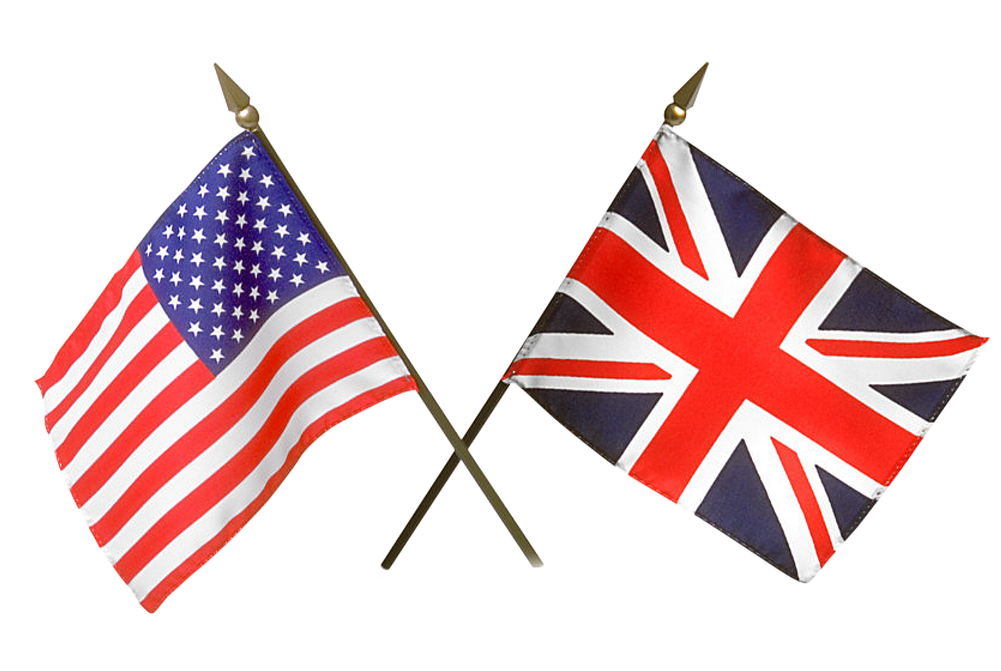Who would believe it – not one but two blogs mentioning Jacob Rees Mogg this month?! Objecting to the rise of Americanisation, Rees Mogg identified as someone “who dares to eschew the current, Americanised, mode of behaviour, speech and dress” way back in 1999, and he is not alone in his dismissal or rather contempt of the impact of Americanisation on all things English. British people have long been indignant about what our counterparts across the Atlantic have been doing to the English language over the last couple of centuries.
When did it begin?
Pinpointing the exact point at which the change began isn’t easy, especially as those who spoke English in the US had migrated from the UK. What is clear is that by the time the first recording of the human voice happened in 1860, the difference between the UK English accent and the US one was noticeable.
The objections aren’t far from just being about accents – of course just as there are numerous different accents across the UK, the USA also has a range of accents depending on where in the country you hail from. It’s the new words and adjustment of old ones that also causes some annoyance.
Where do the words come from?
The indigenous people of the US, the Native Americans, had an impact on the words used in North America that have never made it back across the pond – perhaps because there hasn’t been the need for them. A toboggan is a simple sled which is a traditional form of transport used by the Innu and Cree of northern Canada. A raccoon is a medium-sized mammal native to North America, as is a moose – and all of these words were present in the languages of the native American people.
Much like the English language has evolved here in the UK, American English has taken influences from other parts of the world too, especially in terms of finding words for objects or situations that had not been encountered in the UK. With immigrants from other parts of Europe entering into North America at roughly the same time, and the advent of the slave trade from Africa, new words began to emerge across the Atlantic. The Dutch provided words such as boss, bluff and waffle. Words like canyon, tornado and coyote that describe features of South West America are derived from Spanish. And Philadelphia and it’s pretzel can thank the German language for providing the name for the much loved snack. The goober (a slang word for a peanut) and jambalaya are from the languages of the African slaves.
There are even words that Americans use today that were once much used over here in the UK but have long since become out of favour – words such as the use of fall in relation to autumn, gotten as a way of saying get in the past tense, using mad to describe being angry, and being sick when you’re referring to someone being ill.
And then, after US independence, different words have been used for new inventions which very much remain in place today – do you refer to the boot of your car… or the trunk? We’ll stick with the boot here at FSTL!

